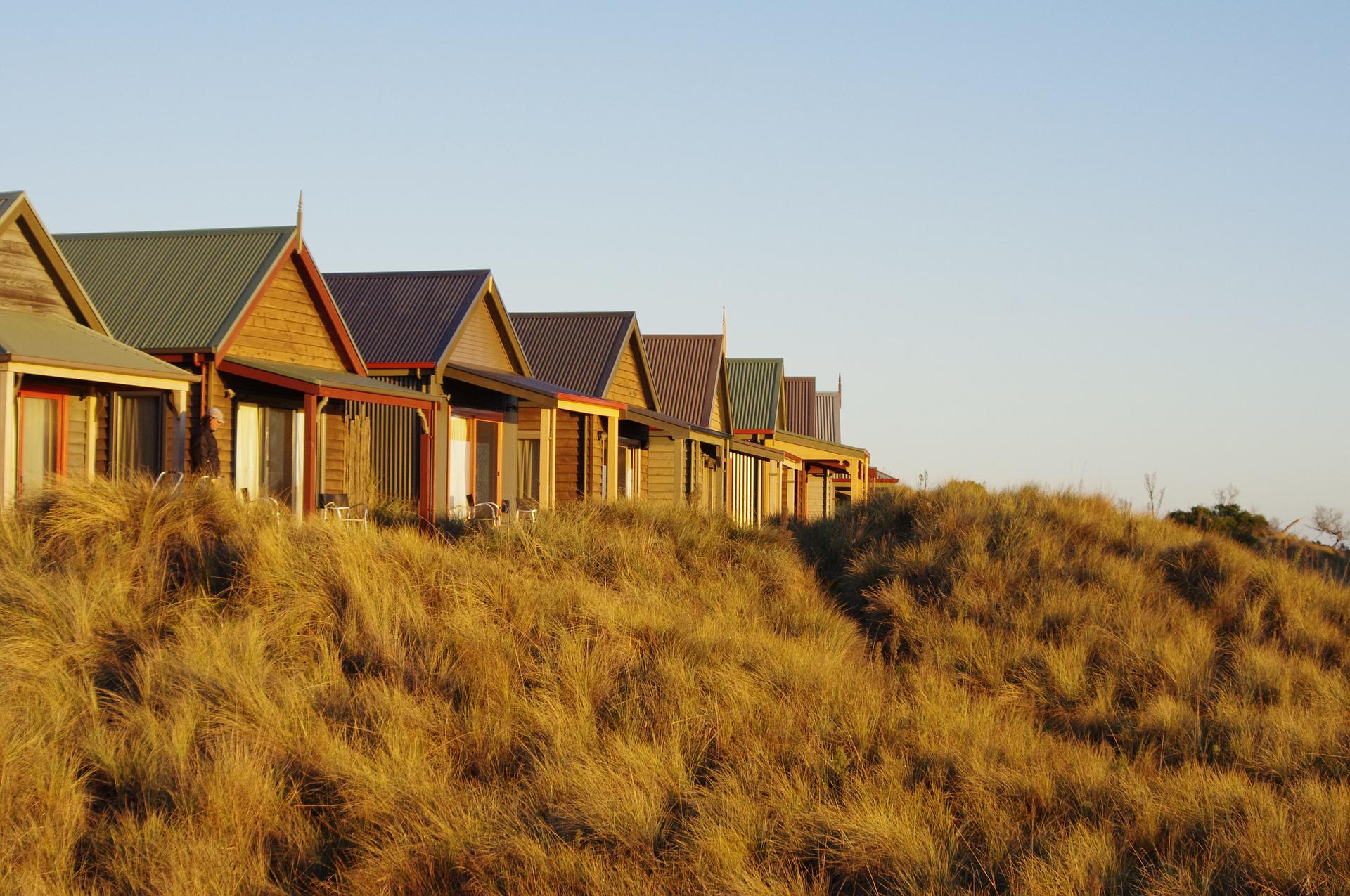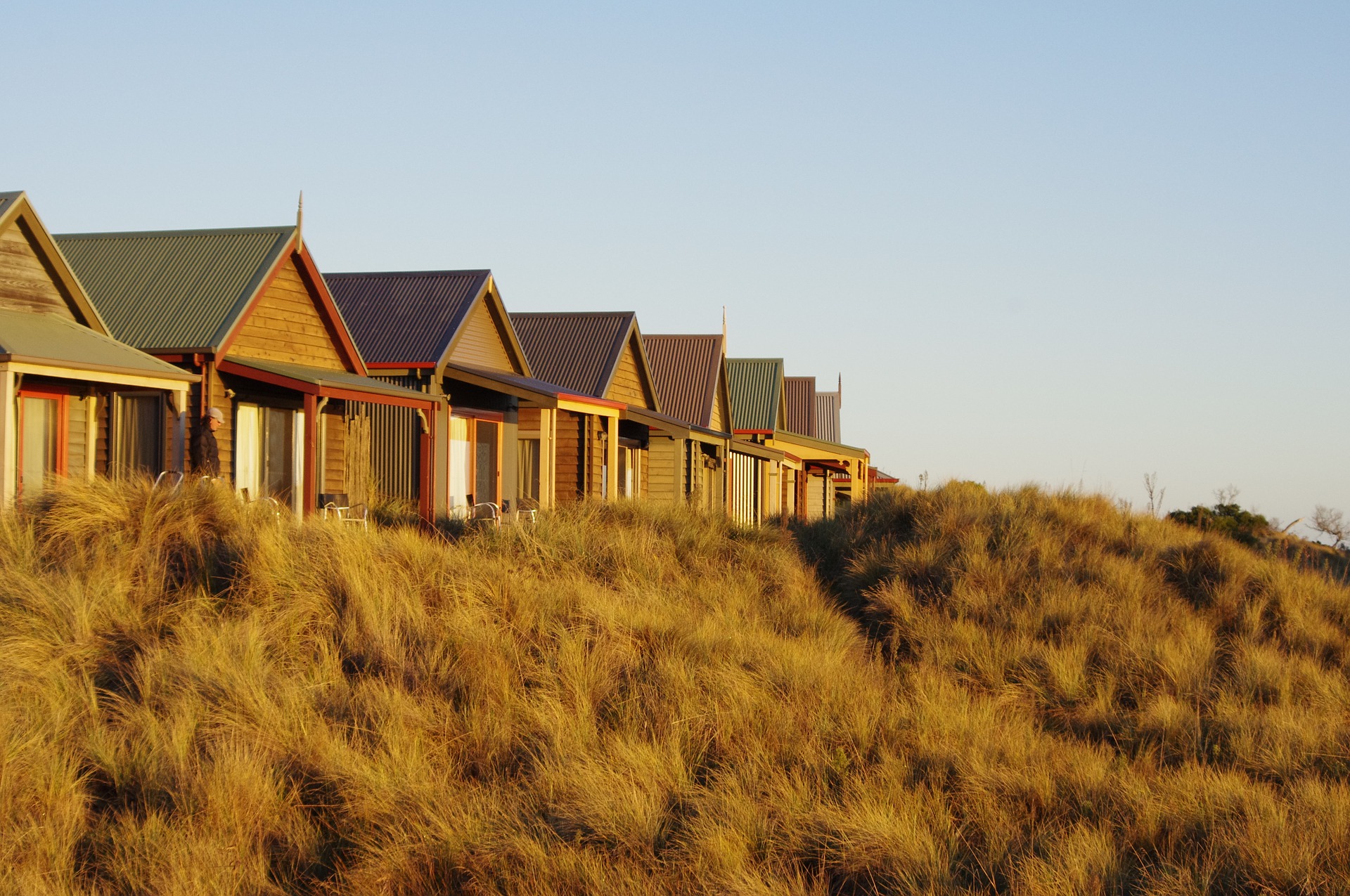Tasmania’s low-income households are a happy lot expecting to benefit significantly from a Labor solar scheme aimed at cutting their power bills through the installation of solar panels and battery storage. In a statement, Josh Willie the Shadow Housing Minister indicated that 100 residents were scheduled to receive solar PV systems complete with home battery storage. Mr. Willie added that this move by the Labor government was aimed at providing a cost of living relief for Tasmanian households that fall in the low-income bracket.
“It’s critical we do everything we can to support lower income Tasmanians who are dependent on community housing by reducing their exposure to rising electricity costs,” he explained.
The role out will also be beneficial for local renewable energy pioneers like Ultra Greensun Solar Southern Tasmania who have been operating in Tasmania since 1979.
TasNetworks, a public-owned organisation has set aside foregone dividends to fund the upfront costs for installation and infrastructure. The installation of the systems will be carried out in conjunction with dependable renewable energy and battery storage companies.
Bruny Island to pioneer solar battery systems
Already, TasNetworks has initiated a project on Bruny Island, in Hobart. The network will see solar panels and storage batteries installed in 40 houses belonging to low-income residents. This project is expected to slash the state’s dependence on diesel power while at the same time easing the pressure placed on the undersea power supply cable. The installation will also allow households in Tasmania to monitor and manage their energy consumption.
Mr. Willie further told The Advocate that the Bruny Island project was to this point a “reasonable success”.
“It’s inevitable that battery storage is taken up by households,” he said. “We want to ensure that the people who can least afford it can get it.”
The Shadow Housing Minister added that the new policy was aimed at reducing costs of households to enable Tasmanian homes to benefit from the installation of solar plus solar power battery storage.
Solar storage for peak periods
Mr. Willie noted that solar and smart battery storage technology was effective and would help TasNetworks to closely monitor and manage peak demand across its network.
“It would allow the company to draw down stored energy in batteries when it’s not in use. The results of the pilot will help inform our energy policy.”
The policy by Labor targets 500 MW of renewable energy. As such, it plans to invest approximately $200 million into eligible projects.
The Labor government also hopes to receive three dollars of private money for every public dollar to hit its projected $800 million investment in renewables.
In addition, the scheme will avail low-interest loans for community solar grids and commercial solar system installations.



